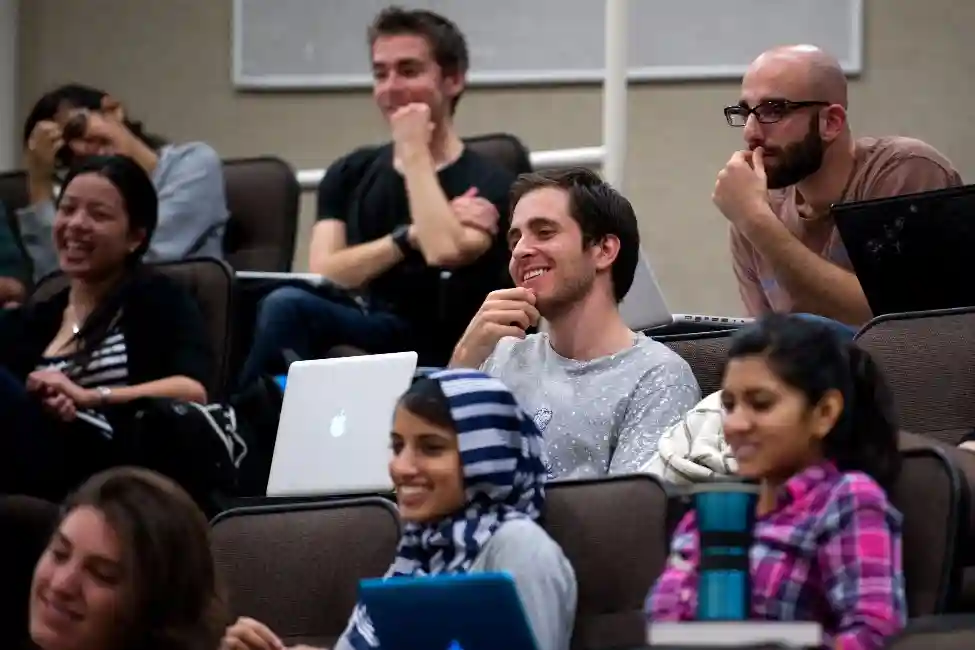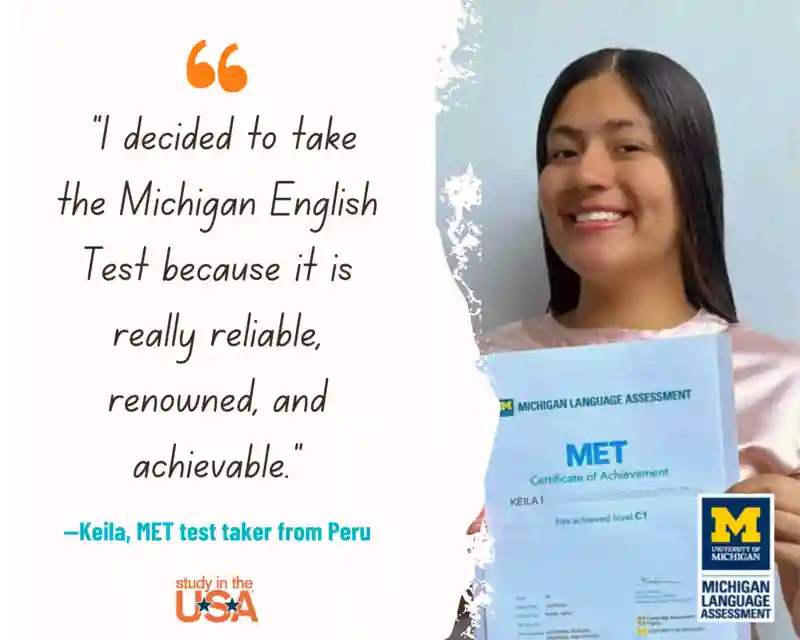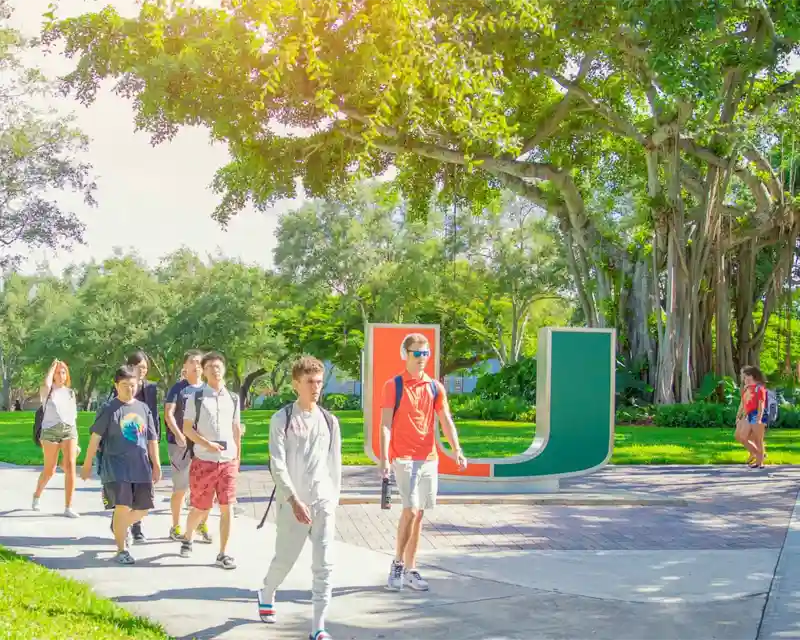How to Reach Your Full Potential

By Claire Adams
When everything about your future seems uncertain and you’re not sure what you want, how can you really thrive? Luckily, college is the perfect playground that lets you explore and slowly build yourself into the kind of person you want to be.
Becoming a self-actualized person means becoming someone who has reached their full potential. In hopes of making the journey easier for you, I want to share a few practices that helped me when I was in college. I’ll focus on learning tips that made a real difference.
Take care of yourself before anything
Reaching your full potential is the final level of Maslow’s Hierarchy of needs. This means that before you even attempt to consider your dreams, hopes, and goals, you have to fulfil your more basic needs first. Things like getting enough sleep, eating healthy food, keeping yourself safe, engaging in social interactions with people who are close to you — all of this needs to be taken care of before you can truly explore your personality and dedicate time to personal growth.
This means you need to put self-care first, but do remember that self-care is void of bad habits. It doesn’t mean sleeping in every day, treating yourself to junk food, and lounging in front of the TV. It means going to bed early and getting eight hours of sleep, eating healthy, and staying physically active. It means talking to your friends and family and paying attention to your mental health. Without these things, you won’t have much energy for anything else.
Never stop learning
Learning doesn’t stop when you leave college. In fact, you should make it a point to keep learning and expanding horizons as long as you’re alive. Regardless of which profession you choose, there’s always going to be new knowledge that you haven’t yet discovered and older knowledge that you have forgotten and need to be reminded of.
For example, if you become a doctor or a nurse you’ll benefit from learning PALS algorithms and refreshing this knowledge every few years. If you become a programmer, you’ll have to keep learning new programs and perfecting old ones. If you become a scientist, you’ll have to research new advancements every day for a living. Embrace this continual learning because the willingness to continue engaging with new information will take you far in life.
Find something fun in everything
When you approach anything with the idea that it’s boring, it will never make it any easier or faster to learn. It’s fine to acknowledge that certain topics are complex or difficult to grasp immediately, but flat out dismissing them as boring will only make you feel resentful and frustrated and make the learning process harder. To be able to really benefit from new knowledge, you must keep an open mind — no topic will be boring if you approach it with the right mindset.
Keep pushing beyond your comfort zone
If you always stick to what you already know and what you think you’re good at, you’ll never discover hidden skills and talents that you may have. You’ll never reach your full potential if you allow yourself to stagnate, and college is far too exciting and colorful for you to stick to the same old things.
Sign up for courses that interest you, start new hobbies, approach new people, and give yourself the room to explore.
Organize your time effectively
No amount of willpower, curiosity, or intellect will help you if you lack the organizational skills to structure your time and finish tasks efficiently. You need to learn how to manage your time because this will give you enough space to both study what you need to for college, and then have enough free time for your own hobbies and interests outside of school.
Remember that reaching your full-potential is an ongoing life-long process. It requires you to keep yourself safe and healthy, to satisfy your needs for social interaction, and to leave your mind open to new experiences. If you give yourself enough time and space, you’ll realize your full potential as you grow and learn.
Claire Adams
Claire is a personal and professional development expert who believes that a positive attitude is one of the keys to success. She is a regular writer for Ripped.me and several other blogs.
Get matched to the best program for you
Let us know what you're looking for so we can find the best school for you.
Useful Articles
Check Out These Schools


Mohawk Valley Community College
$5,000—$10,000 Year



Los Angeles City College
Typical cost per Semester: $1,000—$5,000

Related Stories
Start your U.S. adventure with Study in the USA

Learn About U.S. education financing, housing, and more
Resources
Learn about American culture and education direct from our experts at Study in the USA. Read more











